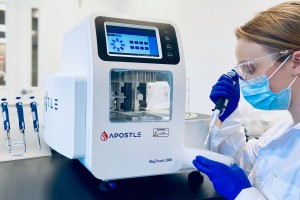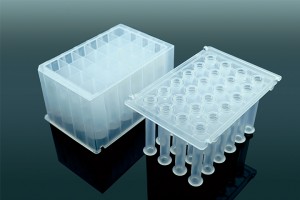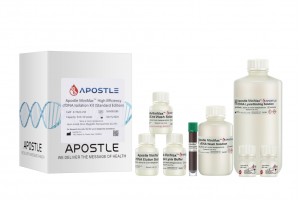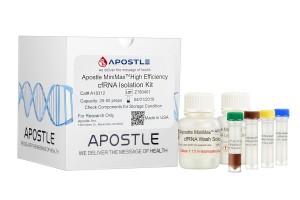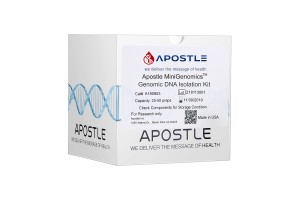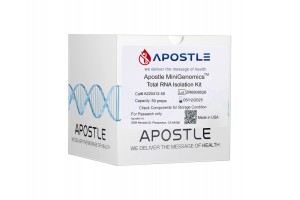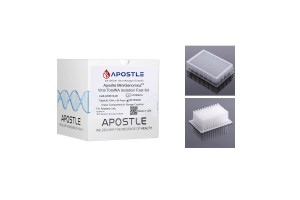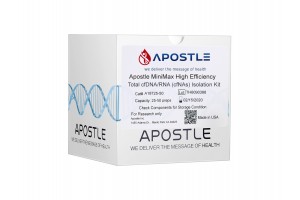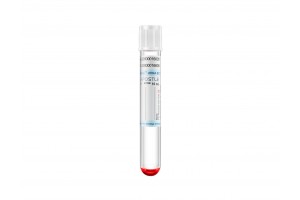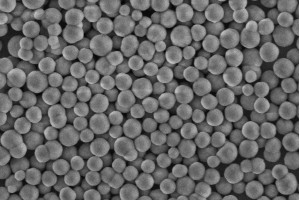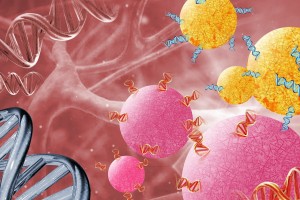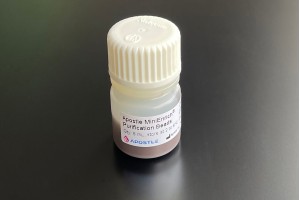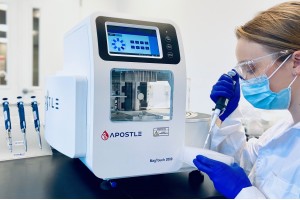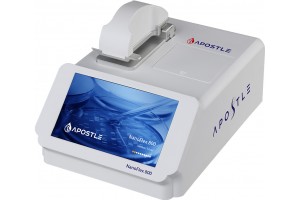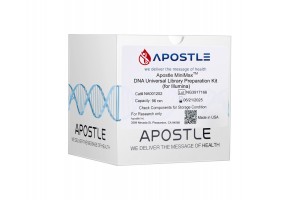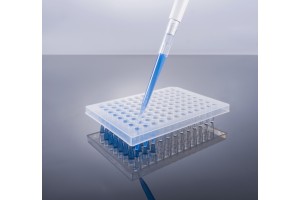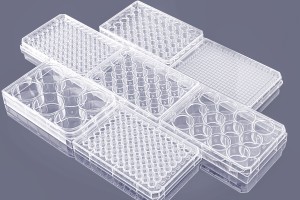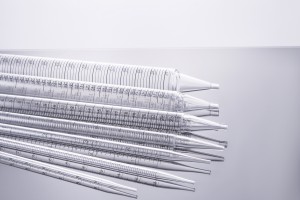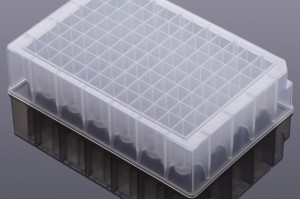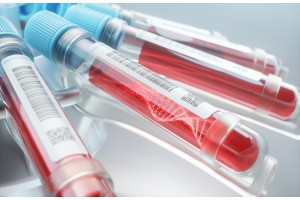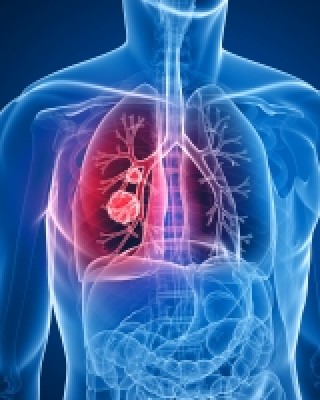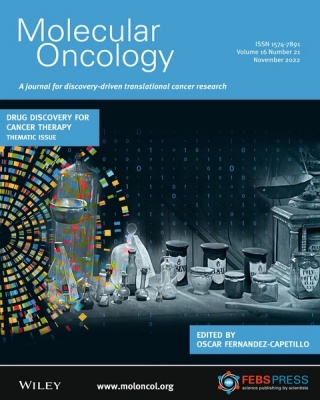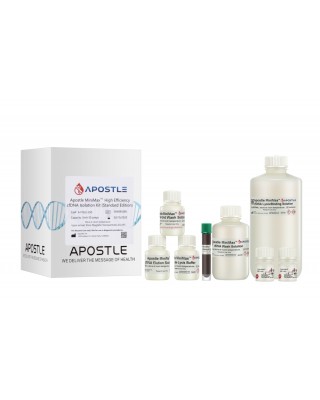Cell-free chromatin immunoprecipitation can determine tumor gene expression in lung cancer patients. Christoffer Trier Maansson, Peter Meldgaard, Magnus Stougaard, Anders Lade Nielsen, Boe Sandahl Sorensen. Molecular Oncology. February 24, 2023. DOI: 10.1002/1878-0261.13394.
(Note: Apostle MiniMax technology is used in this study.)
Cell-free DNA (cfDNA) in blood plasma can be bound to nucleosomes that contain post-translational modifications representing the epigenetic profile of the cell of origin. This includes histone H3 lysine 36 trimethylation (H3K36me3), a marker of active transcription. We hypothesized that cell-free chromatin immunoprecipitation (cfChIP) of H3K36me3-modified nucleosomes present in blood plasma can delineate tumor gene expression levels. H3K36me3 cfChIP followed by targeted NGS (cfChIP-seq) was performed on blood plasma samples from non-small cell lung cancer patients (NSCLC, n = 8), small cell lung cancer patients (SCLC, n = 4) and healthy controls (n = 4). H3K36me3 cfChIP-seq demonstrated increased enrichment of mutated alleles compared to normal alleles in plasma from patients with known somatic cancer mutations. Additionally, genes identified to be differentially expressed in SCLC and NSCLC tumors had concordant H3K36me3 cfChIP enrichment profiles in NSCLC (sensitivity = 0.80) and SCLC blood plasma (sensitivity = 0.86). Findings here expand the utility of cfDNA in liquid biopsies to characterize treatment resistance, cancer subtyping, and disease progression.
(Material and Methods section) -Both the input as well as the cfChIP samples were purified using Apostle MiniMax High Efficiency cfDNA Isolation Kit (Beckman Coulter, Indianapolis, IN, USA) according to manufacturer’s instructions.


